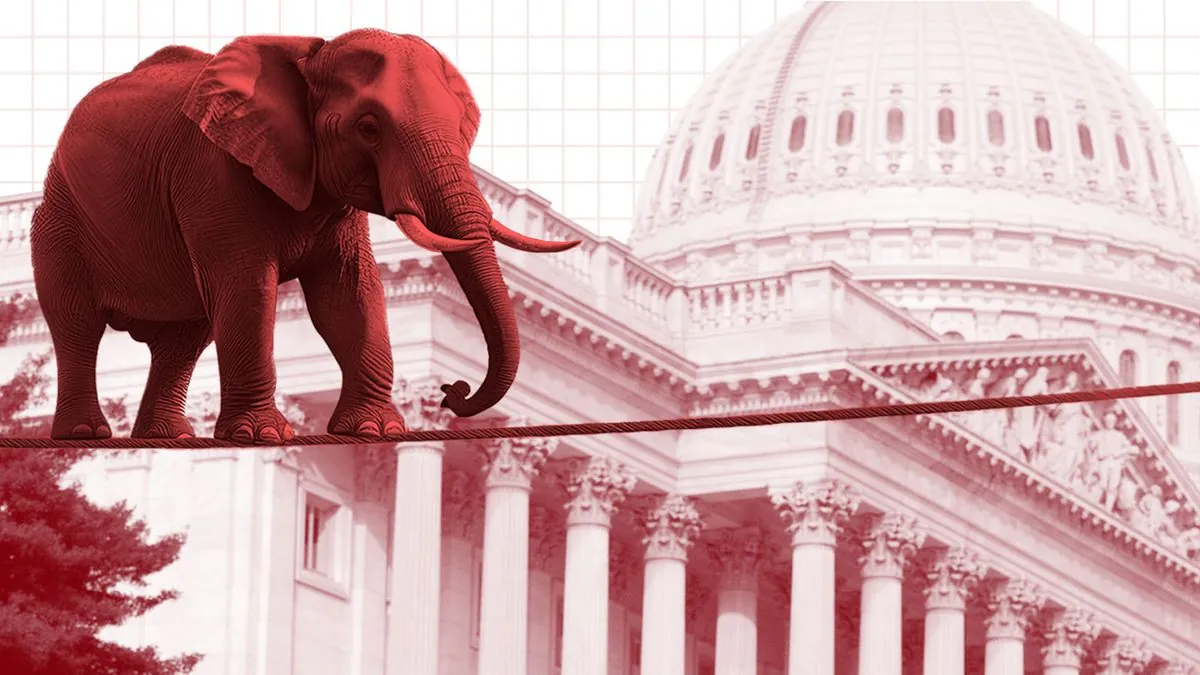The next phase of Donald Trumps leadership comes with a special advantage: both houses of Congress under GOP control. With 53 Senate and 220 House seats the Republicans hold the smallest-ever majority but its still enough to make big changes
Looking back at half-a-century of presidential history this kind of setup doesnt happen often. Since the late 60s when Richard Nixon took office most presidents had to work with opposing parties running Congress. The rare cases of united control led to major policy shifts — like when Barack Obama pushed through healthcare reform or when Joe Biden got his mega-spending bills approved
- Healthcare changes
- Tax system updates
- Immigration policy shifts
- Energy production rules
However some presidents didnt do well even with full control. Jimmy Carter had way more seats in Congress than Trump will have but he messed up by fighting with his own party members. Bill Clinton also struggled: his big healthcare plan failed and he lost Congress after two years
The setup starting in 2025 gives Trump real power to make long-term changes. The GOP stays pretty united behind his ideas which helps — but time isnt on his side. The window for big changes usually closes as mid-term elections get closer and lawmakers start thinking about their own jobs
The whole thing depends on keeping every Republican in line (since they only have a tiny majority) and moving fast before the political winds change. With just 24 months to work with its a race against time to push through changes that could affect the U.S for decades to come
